
Keywords: textual manifestation; abstracts of scientific papers; translation process; translation of scientific papers; style differences
The present paper fits into the current research on the translation of scientific texts. Its primary aim is to search for the answer to the question whether the conventions in the use of personal and impersonal forms of expression in the abstracts of scientific papers from different research traditions are mutually congruent and whether the style differences should be taken into consideration during the process of translation.
More...Keywords: local government; public policies; performance evaluation; local civil servants; work goals
This paper attempts to explain and connect two separate processes in Serbian local governments. The first process pertains to the development of local public policies goals, which has recently been completely regulated by the Planning System Act (2018). The second process refers to the evaluation of performance of local civil servants, which is thoroughly regulated by the Decree on evaluation of civil servants (2019).Our main thesis is that public policy goals can be more than just a mere wish list only if there is a "clear and present" link between these two processes. The authors explain the basic features of local development plans, mid-term plans, local public policy documents (strategies, programs, action plans) and the performance appraisal system of local civil servants. In particular, Article 7 of the Decree on evaluation of civil servants (2019) provides the starting point for the inclusion of public policies goals into local servants‘ performance goals. However, for this connection to be put into effect, there are many other things that need to be changed in the local government regulation and organizational culture.
More...Keywords: customer decision making; Telecommunication; Internet Service Providers (ISP); Albania;
The internet market in Albania is expanding and new Internet service providers have grown significantly. Improving competition in this market relies on understanding why customers choose a particular service provider. This research paper aims to investigate and understand how a range of factors impact the customers’ perceptions to choose their internet service provider. It explores the factors affecting customer’s decision by using a quantitative method via a questionnaire survey. For identifying behavioral factors, a survey was conducted face to face. The structured questionnaire assessed the users’ perceptions and opinions in choosing an internet provider. The target population consisted of individual internet users at the household level who have fixed internet access at home. This paper presents the variables that influence consumers purchase decision by reviewing key factors in the sector and identifies consumer patterns in purchasing Internet Service Provider (ISPs). The findings of the research showed that brand image is the most influential factor in the selection of ISPs. In order to gain new customers, internet providers have to take into consideration the company’s image as a critical factor to the consumer decision-making, followed by the information disposed to customers and the risk associated to the service provider. The research provided high-speed internet providers in Albania insights on how to gain new customers and enhance competitiveness.
More...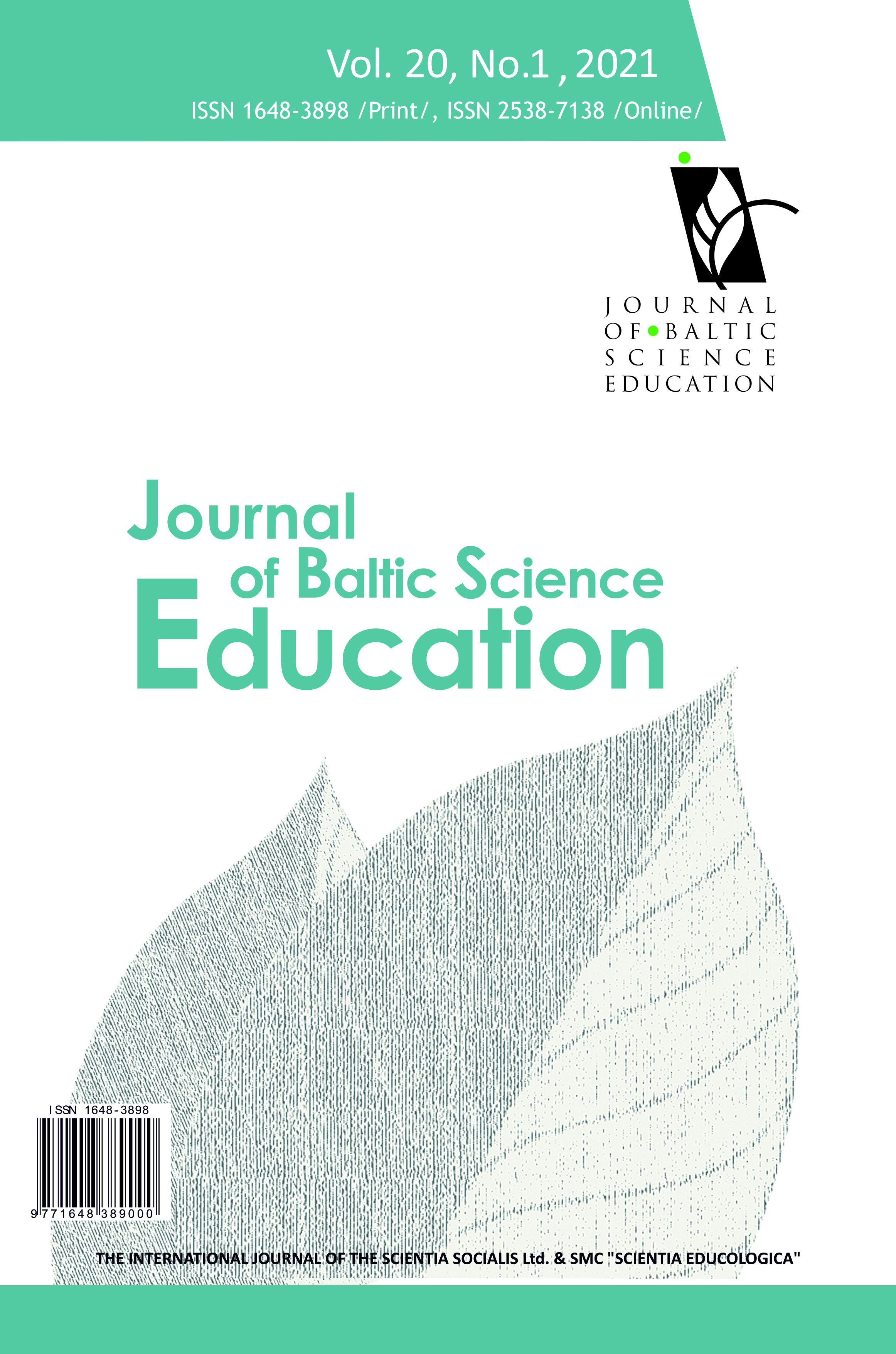
Keywords: descriptive correlational design; plant recognition; secondary education;
As plants are vital to the survival of the planet, developing positive attitude towards them is important for protection of plants, biodiversity, and the environment. The aim of this research was to determine the predictors of ninth grade students’ attitude towards plants. In the study, a descriptive correlational design was used. The data were collected from 773 upper-secondary students selected through stratified-purposive sampling. The “Plant Recognition Test” and “Plant Attitude Scale” were used as data collection tools. Multiple regression analysis was performed to determine the way different variables predicted attitude towards plants. The results of research indicated that the linear relationship between predictive variables and attitude towards plants explained 14% of the total variance in attitude towards plants at a significant level. Among the variables, gender, time spent in a garden, involvement in indoor or outdoor cultivation, experience with picking flowers, fruits, and/or vegetables, and plant recognition level had significant contributions to predicting variance in attitude towards plants, and the recognition of plants was determined to be the most important predictor relative to all the other variables.
More...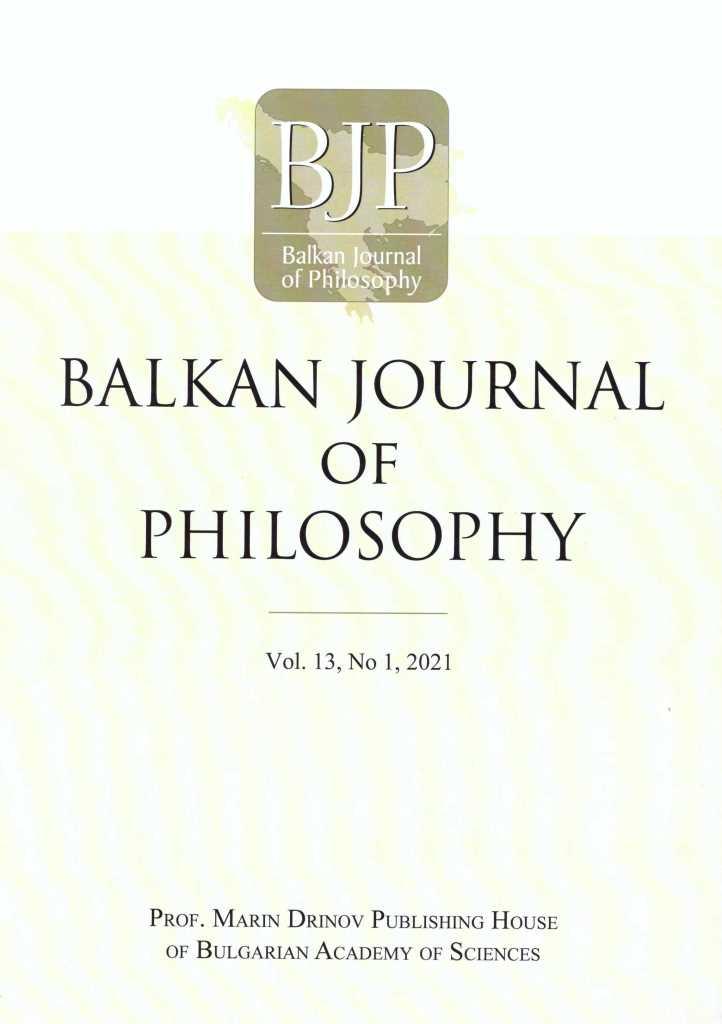
Keywords: narratives; medical model of disease; biopsychosocial model; psychoeducation; narrative approach; narrative therapy
The role of narratives in clinical practice has long been underappreciated. This disregard is largely due to an overemphasis on reductionist interpretations of disease causes based on the primacy of the medical model of disease. This way of thinking has led to decontextualizing symptoms of disorders from patients’ lives. More recently, however, healthcare professionals have turned towards a biopsychosocial model that reintroduces sociocultural and psychosocial aspects into clinical diagnosis and treatment. To this end, narrative approaches have been increasingly explored as alternative diagnostic and therapeutic tools. Central to the narrative approach is the avoidance of pathologizing language that usually focuses on deficiencies. Instead, patients’ narratives are co-constructed and co-created together with the clinician or therapist to transform them into empowering stories about healing. To make narratives accessible and transformable for the patient, psychoeducational methods can be used to translate scientific and medical knowledge about the disease into stories described in everyday language that resonate with the patient’s own life stories. Consequently, psychoeducational narratives enhance the patient’s competence in coping with a physical or mental illness and re-contextualizing symptoms, and prompt an increased compliance with therapies.
More...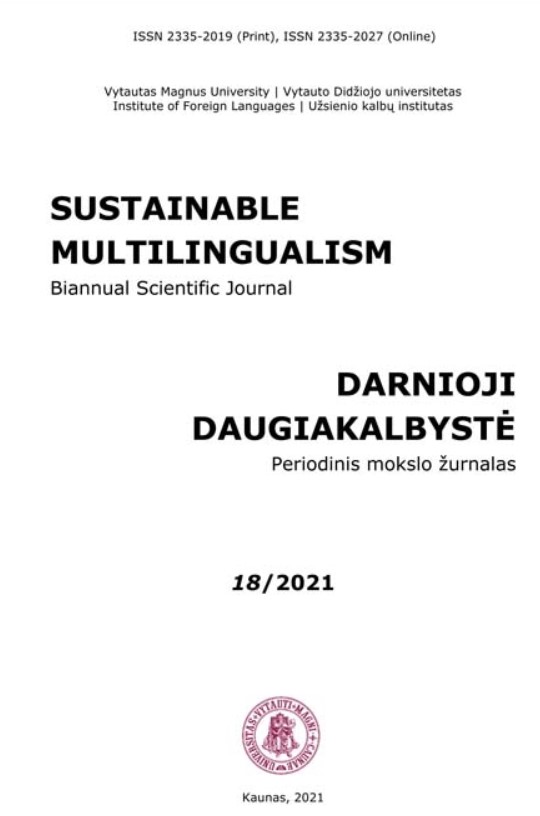
Keywords: Civil law; Equivalence; Incongruent terms; Polish criminal law; Translation methods;
The research analyses incongruent Polish and British criminal law terms. British terms are the names of legal institutions characteristic of three independent legal systems: of England and Wales, Scotland or Northern Ireland. The Polish terms that have been discussed come from the Polish Criminal Code Act of 6 June 1997 (Journal of Laws 1997 No. 88 item 553). Moreover, they are legal terms pursuant to their interpretation by Morawski (1980, p. 187). The English equivalents under analysis have appeared in four Polish Criminal Code translations into English. The research aims at a verification of whether or not the classification of translation methods applied in the Polish-English translation of incongruent succession and family law terms (called civil law terms) (Kizińska, 2015, p. 175–178) encompasses translation methods used in the process of translation of incongruent law terms characteristic of criminal law into English. In the paper the translation method is interpreted according to the definition by Hejwowski (2004, p. 76). In the theoretical part of the paper the following linguistic phenomena have been presented: a term (by Zmarzer & Lukszyn, 2001, p. 9) and incongruity of terms (by Šarčević, 1989, p. 278). In the initial stage of the analysis the definitions of a given Polish term and its suggested equivalents have been compared. Next, the appearance of a given equivalent in the sources of British law texts as well as the English language has been checked to determine the translation methods used while forming a given equivalent. Finally, the list of translation methods applied has been drafted, to conclude, among other things, that the translation methods presented in the above-mentioned typology of translation methods applied in the translation of incongruent civil law terms from Polish into English are to be determined as exclusively primary or secondary.
More...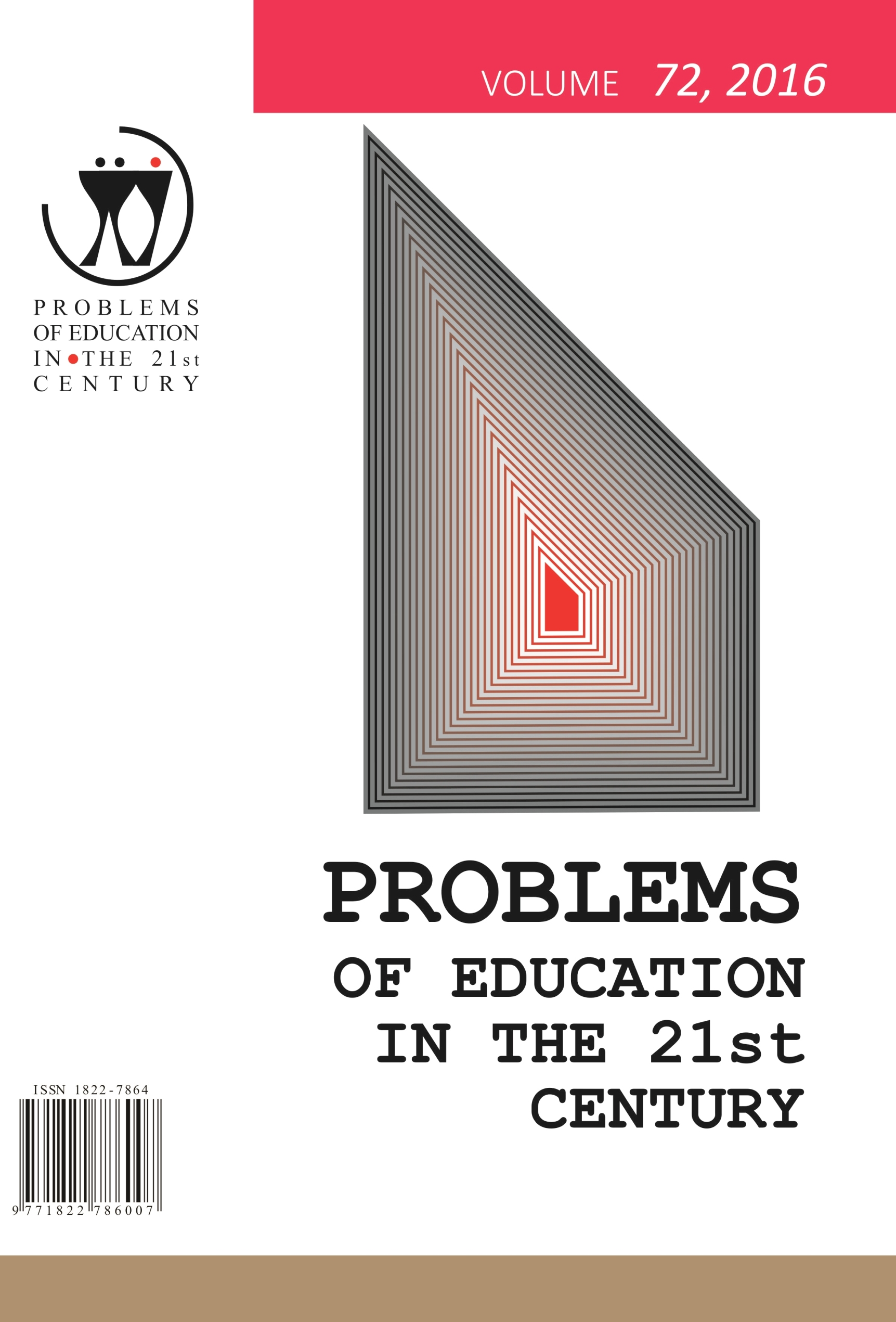
Keywords: university education; study process; smooth studies; university teaching; study skills;
Fast graduation, smooth studies, and fluent study progress are the goals of today’s university education. How do students themselves perceive their study processes and what do they think about the factors hindering them from succeeding? The purpose of this research was to find out from the first-year-students of one Finnish university their experiences and opinions. The research investigated what the most difficult issues the students have faced during their first year of university studies have been and what factors have hindered their study progress according to their own perceptions. The students (N=186) answered to an internet-based open-ended questionnaire. The data were analysed in a qualitative data-based manner which resulted in seven most frequently mentioned hindrances in the questionnaire data. The main hindrances were deficiencies in study skills, difficulties in adjustment to academic studies, unclear directions in studies, difficulties in making study plans and scheduling, lack of guidance in studies and difficulties in finding help, lack of community, and overlapping courses and busy study periods. Based on the findings, it is possible to pay attention to the difficulties mentioned by students.
More...Keywords: Cognitive Grammar;Voice, Arabic; Theme-oriented
The purpose of this study is to examine Cognitive Grammar (CG)theory with reference to the active and the passive voice construction in Arabic. It shows how the cognitive approach to linguistics and construction grammar work together to explain motivation beyond the use of this syntactic construction; therefore, formal structures of language are combined with the cognitive dimension. CG characterizations reveal the limitations of the view that grammatical constructions are autonomous categories. They are interrelated with conceptualization in the framework of cognitive grammar. The study also accounts for the verbs which have active form and passive meaning, and the verbs which have passive form and active meaning.
More...
Keywords: children; early science education; observational skills; outdoor play and learning; trees;
The natural environment is known to be a perfect place for learning early science and there is a lot of literature describing activities for children in the forest. Yet there is a lack of concrete data illustrating how much children can actually learn through such activities. The aim of the research was to establish children’s progress in their knowledge about trees and in process skills they gained through structured activities and free play in the forest. A quasi-experiment with one control and one experimental group was carried out, each comprising 16 children aged 5–6 years. The state of the children's previous knowledge and observational skills regarding trees was established through individual interviews. The children were given three tasks: naming a leaf (10 leaves); connecting a fruit or cone (8 fruits) to the corresponding leaf; and choosing the leaf they recognise as the same as each of the 10 given test leaves among a total of 17 leaves (this activity sought to investigate the progress in the children's observational skills). Children from the experimental group then continued with the activities in the forest. Following those activities, the knowledge and skills they had acquired were established via repeated interviews in both groups. The results show that at the beginning of the experiment the children's prior knowledge of trees was poor. After the activities were performed, children in the experimental group showed a statistically significant improvement in their results for naming the leaves and connecting the fruits or cones to the corresponding leaf. Progress in observational skills through the task of choosing a pair of leaves from among many could not be identified since the result had also significantly improved in the control group. Familiarity with the task may well have had a stronger influence on the results than the forest activities themselves. The result of the research allows the conclusion that appropriate forest activities enable children to progress in the field of early science, and it is therefore suggested that outdoor activities form an essential part of preschool education.
More...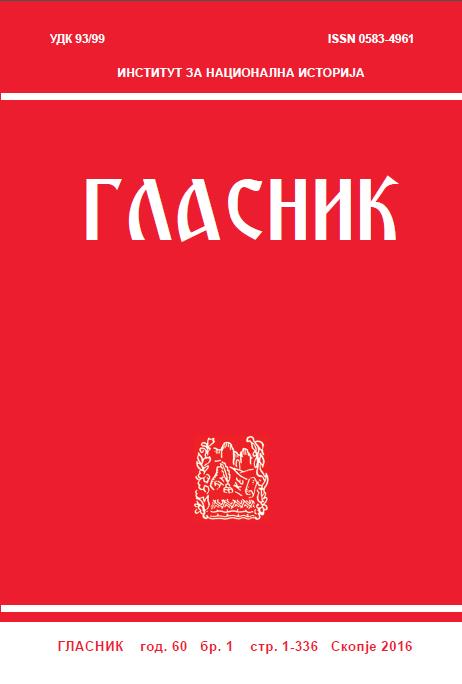
Keywords: Macedonia; History; Foreign publications; Bibliography
Foreign publications related to Macedonian history. The article is a collection of information (bibliographic data) of books that were published in 2010 in the world, outside the borders of Macedonia, and refer to Macedonia and Macedonians throughout history. Sources used: online databases (national libraries); online bookstores.
More...Keywords: collaborative learning; translator training; translation skills; teamwork; undergraduate translation pedagogy
The present study aims to investigate the efficacy of the collaborative learning method on the translation skills of students at the undergraduate level through a new model developed by the researchers. To this end, a pre-/post-test control group research design was followed to obtain empirical results in the translation of medical texts. The study group consisted of 60 undergraduate translation students in Turkey. Thirty students in the control group were instructed by using conventional training methods and each student worked individually. The completed translation was then evaluated by the instructor, as commonly applied in undergraduate translation programmes. The other 30 subjects in the experimental group were instructed through the collaborative learning method. The students participated in teamwork and undertook various roles such as terminologists, translators, proof-readers, and peer editors to check the final work. At the end of the three-week training, the difference between the translation performance scores of the two groups was found statistically significant in favour of the experimental group. The findings demonstrate the significant contribution of the collaborative learning method to the undergraduate students as this method provides them with an environment to improve the necessary translation skills for their future careers in terms of adopting different roles other than translators.
More...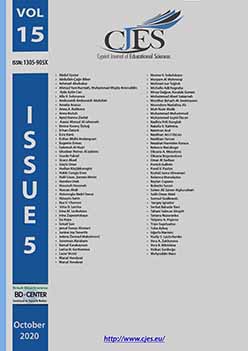
Keywords: Similarity; Triangles; Difficulties; High School Students;
Similar triangles in questions are usually given as separate, adjacent or overlapped. Furthermore, similarity types such as Side-Angle-Side (S.A.S.), Side-Side-Side (S.S.S.) and Angle-Angle (A.A.) are requested in the questions. Students have more trouble in other types of questions. The purpose of this study is to investigate the difficulties of students about similar triangles and the reasons for these difficulties. This research was carried out with the case study method, which is one of the qualitative research approaches. The study was conducted with 55 Science High School 9th grade students and 9 open-ended questions were used to examine students' knowledge about "similarity in triangles". Furthermore, 5 students were interviewed to find out the reasons for their solutions. Descriptive analysis method was used to analyze the data. As a result, it can be concluded that students have difficulties mostly in overlapped triangles and Angle-Angle type questions. On the other hand, it can be concluded that students are quite successful where similar triangles are given separately. In the light of the findings obtained in this study, it can be advised for lecturers to focus on the questions where similar triangles are overlapped while explaining the similarity in the triangle.
More...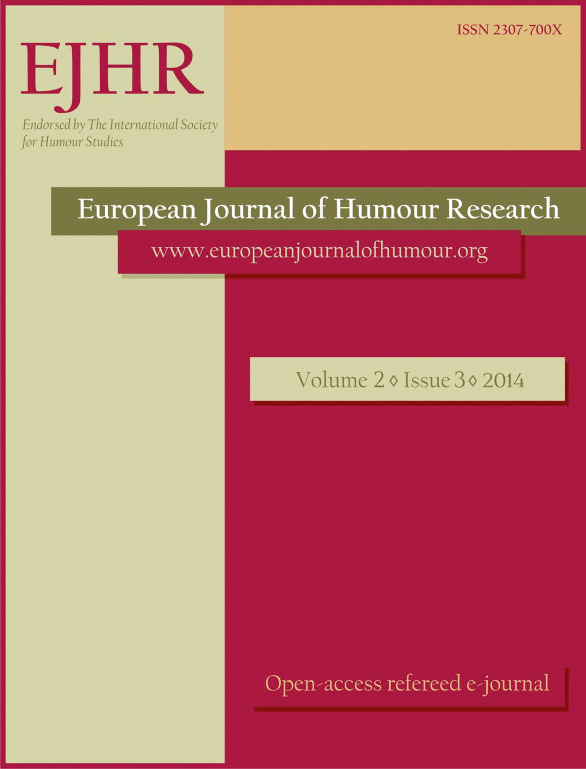
Keywords: comedy; cinema; theatre; humour; taboo; enjoyment;
In this research, I am trying to define a new concept which I shall call Enjoyment Reducer, referring to verbal or visual content, incorporated into comic situations, which may offend or disturb the viewer’s enjoyment. There are comic situations that are only partially enjoyable and, at times, even cause embarrassment to the point of adversely affecting our enjoyment. These types of comic situations include what I term Enjoyment Reducers since they operate contrary to the function for which the comic situations were intended, which is to cause the viewer enjoyment. It should be noted that practically every comic situation includes Enjoyment Reducers because they are based on incongruities which disrupt our normal order or values. The fact that we laugh at humorous situations means that their enjoyable effect is stronger than the Enjoyment Reducers’ effect. Additionally, Enjoyment Reducers are both culture-dependent and contingent upon the viewer’s personality traits. Therefore, what one person perceives as an Enjoyment Reducer might be understood differently by another. The research findings reveal various types of Enjoyment Reducers that relate to human values, prohibitions and taboos. In addition, I will refer to another concept that is quite known, Enjoyment Enhancers, which might shed light on the main focus of the present research, which is Enjoyment Reducers. This research focuses mainly on comedy film, although the results are also relevant to theatre and all types of comic shows.
More...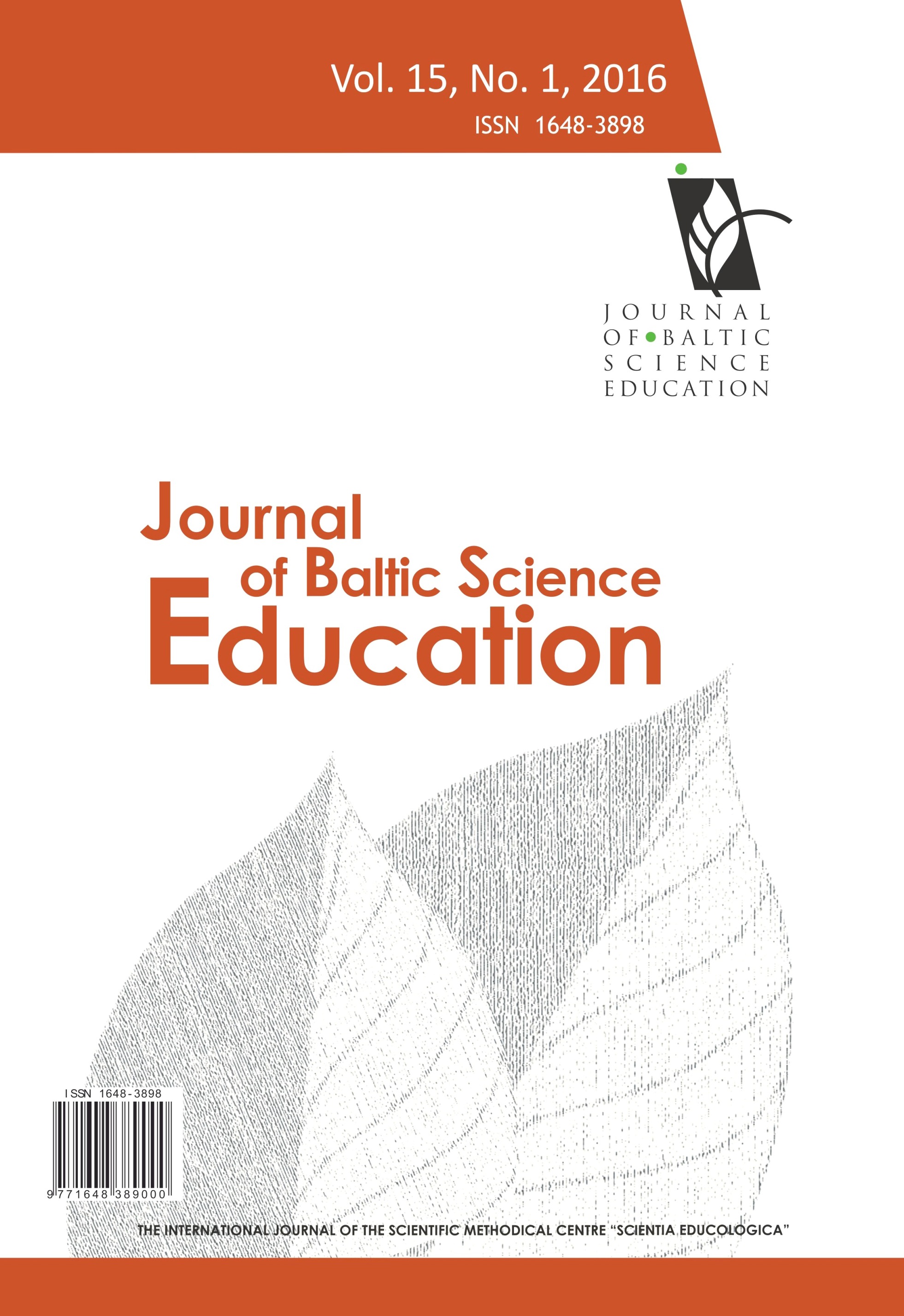
Keywords: adaptive memory; biology education; PowerPoint programme; realia;
Botany is traditionally viewed as less attractive than zoology for students, despite the fact that plants play a key role in natural ecosystems. It is hypothesized that survival-relevant information may enhance learner's attention and that this information might be better remembered than others. Additionally, the use of the PowerPoint (PPT) presentation software in teaching biology is questionable, particularly in comparison with the use of realia. A theory of adaptive memory was employed in an experiment, in which the presence of fruits, their colour and their toxicity on samples of plants was handled. The memory scores and interest in plants of the participants were measured. The effectiveness of the PPT compared with the use of realia (live plants) was also analysed. The memory scores were highest in treatments with living samples of plants containing fruits. Survival-relevant information (plant toxicity) was better retained than survival-irrelevant information. Participants retained information about plants with dark fruits better than about plants with red fruits. The activities with live plants, but not the PPT, increased participant's interest in plants. In summary, using living plants and fruits over the PPT is recommended when teaching botany.
More...
Keywords: Transhumanism;man-machine;singularity;Artificial Intelligence;translation process;memory;experience;
Transhumanism assumes human improvement as an unfinished link in evolution based on its fusion with technological elements. The new human-machine organism, from the author's point of view, is a dubious boon for human civilization and the planetary ecological system. This idea is, first of all, anachronistic and pursues the main goal - the singularity, i.e. control over human intellectual energy by technology. Cognitive activity and one of its most difficult aspects - translation of thought into linguistic form - represent an obstacle to the creation of perfect Artificial Intelligence, since translation is not limited to formulas. The accuracy of terminology and the absence of ambiguity of the word are the basis of Artificial Intelligence and, at the same time, the limitation of the development of linguistic thinking. The article outlines the sequence of the translation process, the difference between the mental operations of Artificial Intelligence and humans. The author assumes that translation is a universal property of human thinking, and the process of translating thought into speech form is due to bio-genetic, emotional, socio-historical memory and experience, since a person translates his thought from a fuzzy, vague thought-text into a linguistic form.
More...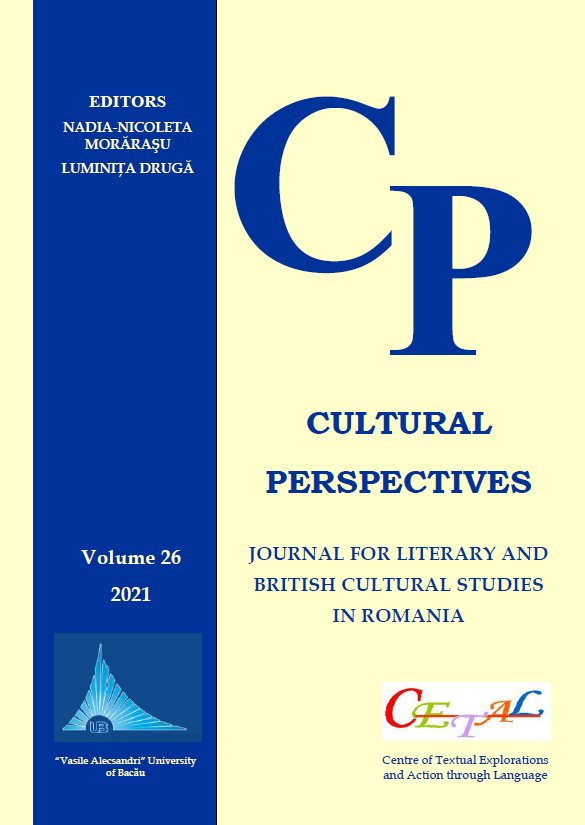
Keywords: translation; translator; Skopos theory; TOSTA theory; translation task;
Translation is a human activity and like all human activities, it has its difficulties and satisfactions. With the aim to enlighten some theories regarding the translations, we are going to explore the studies of the theorists Anca Greere (2003), Hans J. Vermeer (2000) and Christiane Nord (1997). By examining the above theories, our goal is to obtain a clearer view upon the difficulties encountered in the translating activity, on the one hand and on the other, to find the proper way to surpass these difficulties. The translator as a professional has to take into account different aspects in order to comply with the translation task. Thus, the translator has to consider aspects related to the analysis of the source text, this constituting a source of information. On the other hand, the translator has to consider aspects regarding the text type, the text production and the recipient of the target text. In addition to presenting theoretical considerations on functional approaches, the applicative part of our paper will bring to attention four types of translation mistakes, which any translator should avoid and some viable solutions to the problems they pose.
More...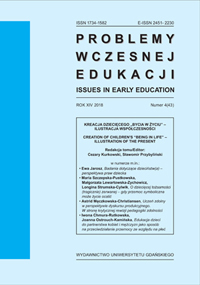
Keywords: conceptualization; visualization; verbal and visual code; children personal knowledge
In presented article we have described examples of children’s strategies for meaning fulfilment in the verbal and visual code. In conducted research, we attempted to reconstruct children’s abilities of conceptualizing objects with (1) prototypical, (2) prototypical and individual features, and (3) nonprototypical features. We were interested also in children’s methods of categorization (recognizing an object at various levels of abstraction) and constructing knowledge in terms of selected domains (appearance, environment, behavior and the relationship between animals and humans). 170 children of two age groups (3/4 and 4/5 years old) participated in the study. They were first asked to recognize an object on the basis of selected features shown in pictures. Then children were interviewed and asked to make a drawing. Research has shown that exposing children to a fragment of an image allows them to recognize the whole object and express their personal knowledge. The presented research showed also that children make conceptualization mainly through personal experiences and that when describing animals, children focus on observable animal activity and behavior, as well as animal appearance, size, the environment of living and the relation with humans.
More...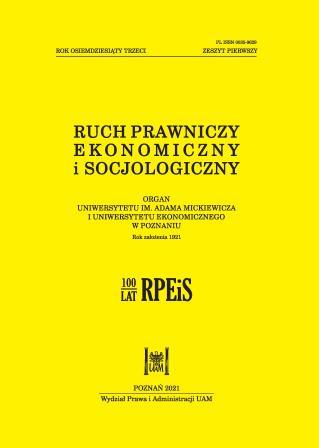
Keywords: mandatory preventive vaccination; child; criminal sanctions; administrative sanctions
The mandatory vaccination of children raises a lot of controversy in the public space. Anti-vaccination movements have been increasingly active in recent years. The aim of this article is to present the problem of sanctions with regard to mandatory vaccination of children, around which a lot of social and legal controversy has arisen. Sanctions used in connection with the evasion of the obligatory preventive vaccination of children in Poland are analysed. The essence of administrative sanctions in the case of mandatory vaccination of children is considered, as well as the transfer of the execution of this obligation to criminal courts. It is pointed out that absolute distinction has to be drawn between the scope of possibilities of applying administrative sanctions in the course of enforcement proceedings in administration and those provided for in the petty offences law. An analysis of normative acts and the literature on the subject as well as court decisions concerning the presented problem is made. Using a dogmatic-legal method and an analysis of court rulings, it is established that the aim of the application of administrative-law sanctions may only be to compel a person to fulfil an obligation. On the other hand, penalties on the grounds of the petty offences law will be administered for the evasion of obligatory preventive vaccination of children in Poland.
More...Keywords: paratext; Japanese literature; Otherness; translation studies; symbolic capital; linguistic hospitality; Mishima Yukio;
The Other – in our case, Japanese culture – can be (re)constructed by means of translation methods, but also by various paratextual components, which sometimes aim at reimagining its distinctive features, thus creating specific expectations in the minds of the potential readers. Especially paratextual elements are powerful tools when we think about the way the reader is guided in understanding the qualities that highlight the Otherness. This study will focus on some parts of the paratext – book covers and blurbs – that are present in the Romanian translation of Mishima Yukio’s literary work Confessions of a Mask. We shall argue that the blurbs act as a form of recreating Mishima’s literary fame in the Romanian cultural space, while having at the same time the role of stressing the autobiographical content, thus insisting on a specific way of understanding this novel. Additionally, we will demonstrate the fact that the cover design of the has the function of marking the cultural difference, thus enjoining the reader to read the literary work from a specific perspective, while the cover design of the second edition introduces him/her into Mishima’s narrative, laying emphasis on the relation between the figure of Saint Sebastian and the novel as well, which is an aspect that also influences the understanding of the novel.
More...